Music and Brain Health: How Sound Strengthens Memory and Mood

Music is more than just entertainment. From lifting our spirits to helping us focus, music engages the brain in profound ways. Scientists now understand that listening to music can stimulate dopamine, the “feel-good” neurotransmitter, and activate areas of the brain responsible for memory and attention. This makes music a simple yet powerful tool for cognitive health.
The Science: Why Music Matters for the Brain
Studies using brain imaging show that music activates networks linked to emotion, movement, and memory.¹ Listening to music can boost dopamine release, which supports motivation and positive mood.² It can also stimulate hippocampal activity, helping to recall past events and reinforce memory pathways.³
Music therapy has been shown to reduce stress and anxiety, improve quality of life in people living with dementia, and even enhance motor coordination in Parkinson’s disease.⁴ These findings highlight music’s role as a complementary approach to both mental and neurological health.
Practical Benefits of Music:
• Improve mood and motivation through dopamine release
• Reduce stress and anxiety by calming the nervous system
• Help recall past events and strengthen memory pathways
• Support focus and cognitive performance during work or study
Listening to music can do more than bring joy. It boosts dopamine, reduces stress, strengthens memory, and sharpens focus. By integrating music into everyday life, alongside lifestyle strategies and support from neurobiotics like Cerenovex, you can turn sound into a powerful ally for brain resilience and well-being.
The Cerenovex Connection
Just as music stimulates neurotransmitters and strengthens brain networks, the gut–brain axis plays a vital role in mood and cognition. Probiotics such as Lactobacillus have been studied for their potential to support gut balance and promote healthy neurotransmitter activity.⁵ Cerenovex was designed to complement lifestyle practices like exercise, sleep, diet — and yes, even music — to help support long-term brain health.
References:
1) https://pubmed.ncbi.nlm.nih.gov/28663005/
2) https://www.nature.com/articles/nn.2726
3) https://academic.oup.com/brain/article-abstract/138/8/2438/330016
4) https://www.alz.org/help-support/caregiving/daily-care/art-music
5) https://journals.physiology.org/doi/full/10.1152/physrev.00018.2018


